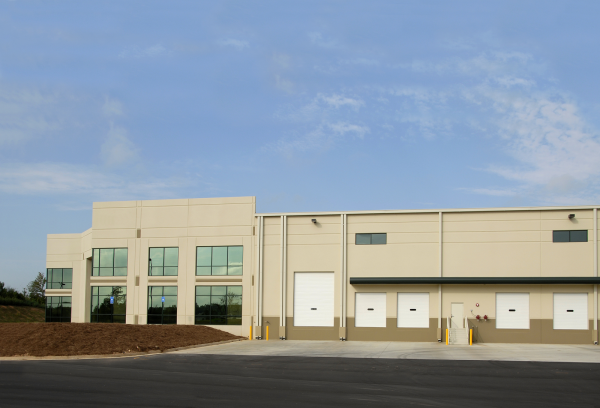2013 was a strong year for the Atlanta warehouse market on most metrics. While you might be seeing this in the performance of your building, you aren't the only one. The Atlanta GA tax assessors track the market just like you and, when they see strong performance, they are more likely to raise property values. Higher property values mean higher tax bills from the Atlanta GA tax assessors for you to pay or for your tenants to have to cover through their CAMs.
Atlanta Warehouse and Industrial Values
Based on CoStar Group data from the first nine months of 2013, warehouse values moved up overall. Comparing sales-to-sales in the 15,000 square feet and over building market, the value of industrial property grew from $31.31 per square foot to $33.77. This represents a 7.9 percent increase that the Atlanta GA tax assessors can build into your property value.
Digging deeper, though, you can find one mitigant to this trend that might be useful in getting the Atlanta GA tax assessors to back down on their estimate of your building's value. While overall prices went up, cap rates also posted a slight increase. Since a cap rate going up represents lower prices, this could be useful for you. To be specific, cap rates went from 7.84 percent to 8.11 percent, representing a 3.4 percent decline in prices relative to incomes.
-resized-600.jpg)
Market Fundamentals
When the Atlanta GA tax assessors calculate values for your property, they use market data combined with their own estimation of your building's performance. While the building's basic measurements, quality and other characteristics are on the tax rolls, the Atlanta GA tax assessors usually have to guess at what your net operating income might be so that they can capitalize into a value. One way to do this is to carry the market's performance forward, assuming that your building is similar to others. The growing performance in 2013 gives the assessor ammunition to make a positive inference, and increase your tax bill.
Assuming that the Atlanta GA tax assessors are looking at the same CoStar Group data, they know that both rents and occupancies were up in Atlanta in 2013 and that new construction is being absorbed:
-
The average vacancy rate for warehouse properties was 10.9 percent at the end of 2013. For comparison, it was 11.7 percent at the end of the first quarter. Overall industrial vacancy went from 12.1 to 11.2 percent.
-
Warehouses and the overall industrial market experienced positive net absorption -- meaning that more space was getting occupied than coming vacant -- for every quarter of 2013.
-
Available warehouse sublease space decreased from 3,289,411 at the end of the first quarter of 2013 to 2,148,000 square feet at the end of the year. The Atlanta GA tax assessors know that available sublease space has a double whammy on the market. Not only does it compete with direct space, but it also lowers overall rents. The less of it that is available, the better off landlords are.
-
Average rental rates grew from $3.88 to $3.92 market-wide and from $3.43 to $3.45 for warehouse space from the third to the fourth quarter of 2013.
Managing the Atlanta GA Tax Assessors
If the Atlanta GA tax assessors look at these market fundamentals and determines that your property's value has increased, you don't have to accept it. Look at your building's and the surrounding area's performance. If you have lower rents, lower occupancy or a market with lower values, you have the right to appeal. We can help you structure your argument and, hopefully, get the assessor to lower your bill.



